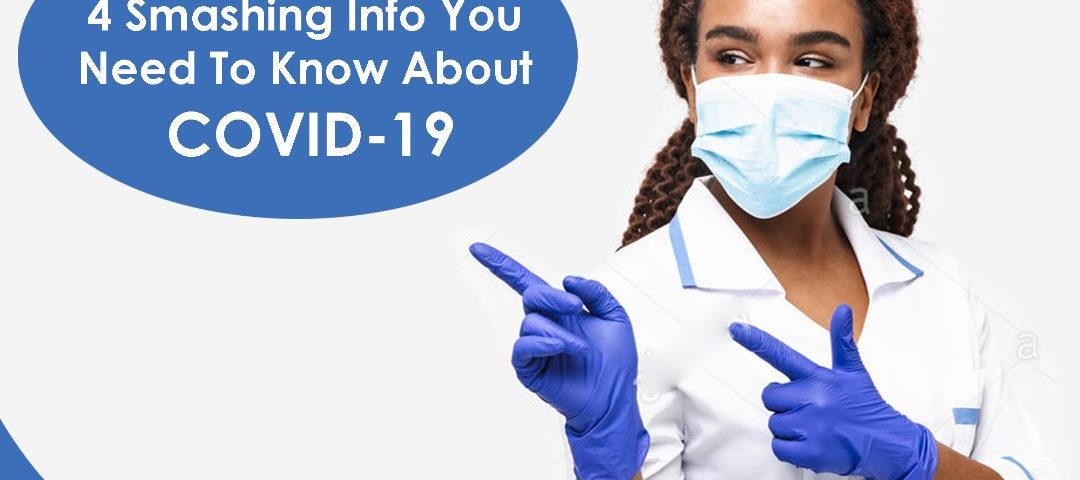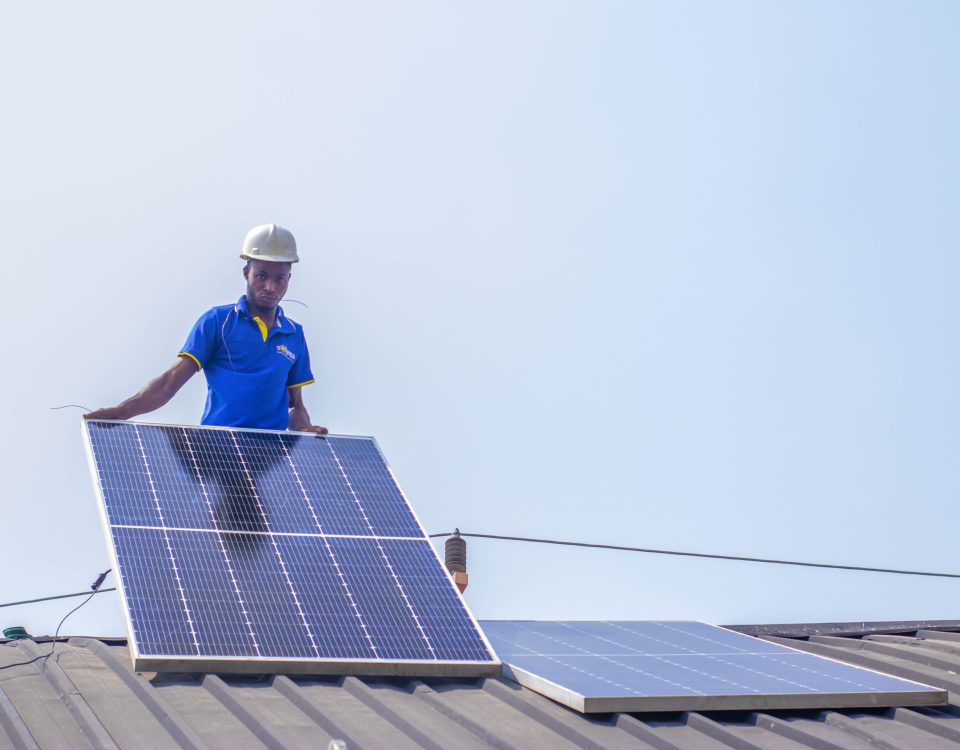4 Smashing Info You Need To Know About COVID-19

Lagos begins test running of solar-powered traffic lights.
2020-03-24
Power Supply Drops to 3,899MW Over Sustained Gas Shortage.
2020-03-31Coronavirus disease 2019 (COVID-19) is a respiratory illness that can spread from person to person. The virus that causes COVID-19 is a novel coronavirus that was first identified during an investigation into an outbreak in Wuhan, China.
The outbreak has infected more than 137,000 people in at least 117 countries and regions as of Friday evening — and caused more than 5,000 deaths since December till date.
How does COVID-19 spread?
The virus that causes COVID-19 probably emerged from an animal source, but is now spreading from person to person. The virus spreads mainly between people who are in close contact with one another (within about 6 feet) through respiratory droplets produced when an infected person coughs or sneezes. It also may be possible that a person can get COVID-19 by touching a surface or object that has the virus on it and then touching his or her own mouth, nose, or possibly their eyes, but this is not thought to be the main way the virus spreads.
Learn what is known about the spread of newly emerged coronaviruses HERE
What are severe complications from this virus?
Patients with COVID-19 have had mild to severe respiratory illness with symptoms
People may experience:
Runny nose
Sore throat
Cough
Fever
Difficulty breathing (severe cases)
How can I help protect myself?
- People can help protect themselves from respiratory illness with everyday preventive actions.
- Avoid close contact with people
- Avoid touching your eyes, nose, and mouth with unwashed hands.
- Wash your hands often with soap and water for at least 20 seconds.
- Use an alcohol-based hand sanitizer that contains at least 60% alcohol if soap and water are not available.
Is there a treatment?
The US approved the use of chloroquine as antiviral treatment for COVID-19.
It is also very important that People with COVID-19 seek medical care to help relieve symptoms.




